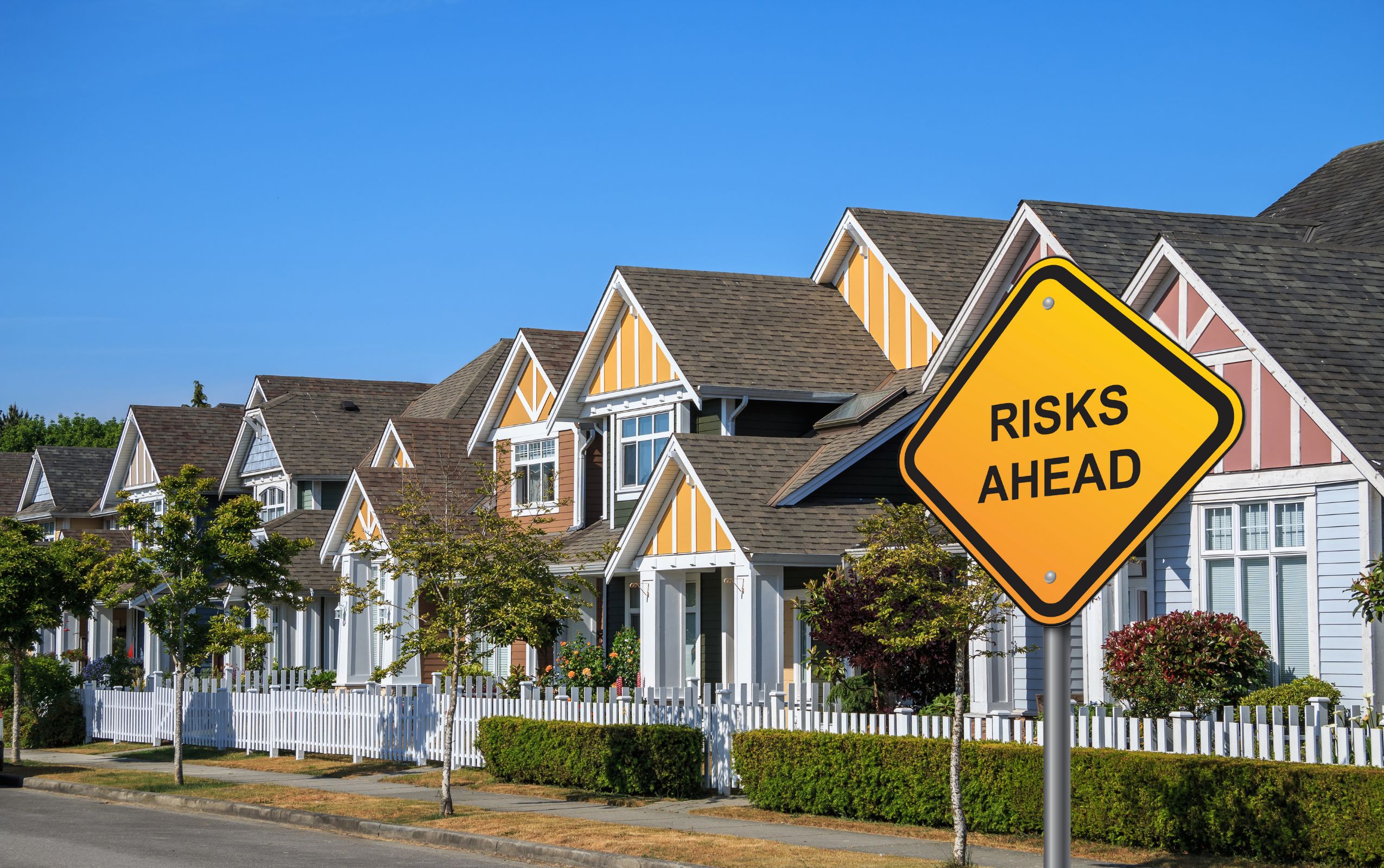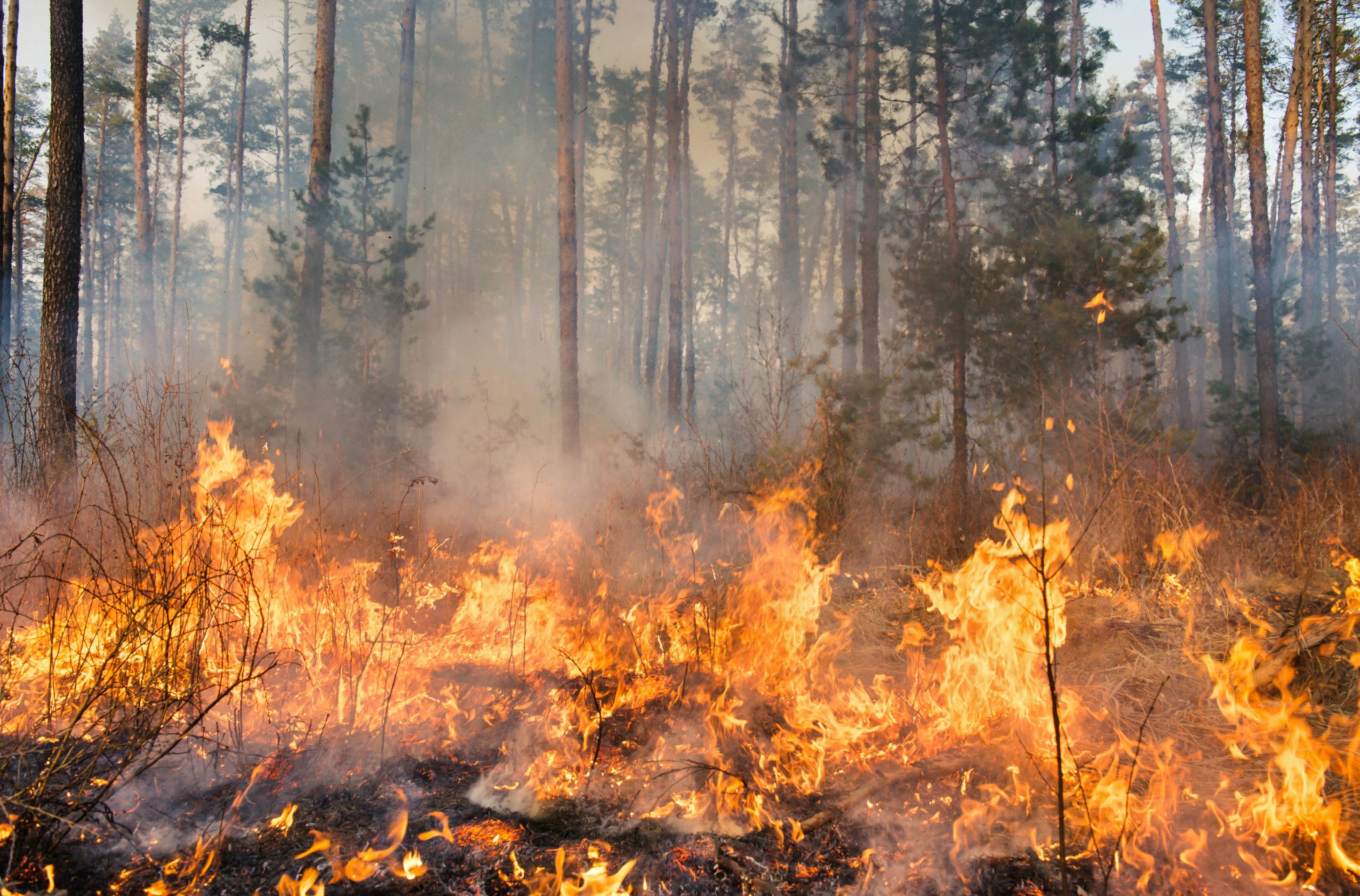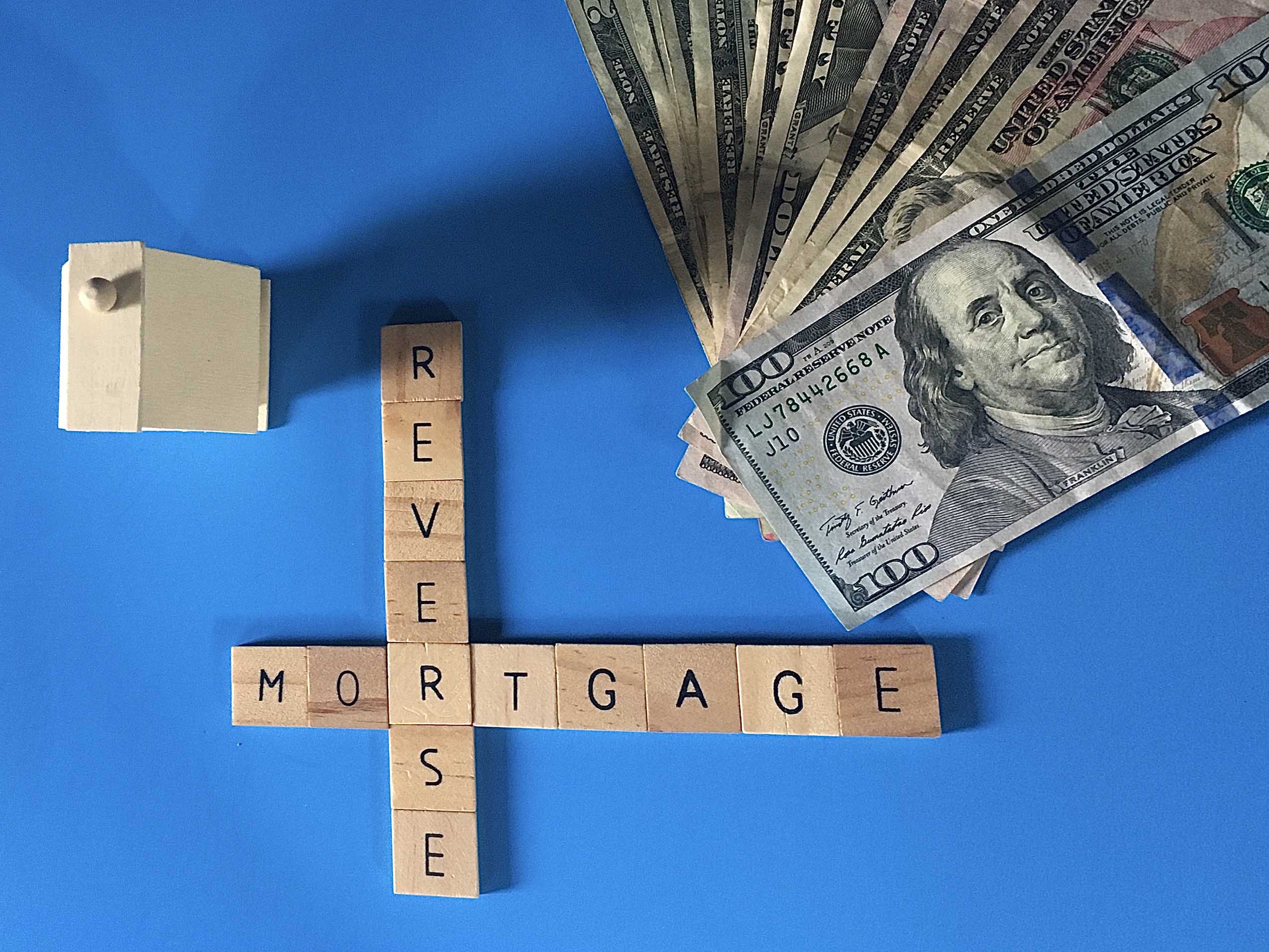The year 2020 began with a remarkable underlying strength that appeared to be unstoppable for at least several months. Low-interest rates fueled the ability for increasing numbers of buyers to enter the market and for others to upgrade their lifestyle by trading up. Everything changed dramatically by the end of March of course, and many people felt that there would be absolutely no real estate activity during the COVID 19 Coronavirus pandemic.
Is there any housing activity?
I am often asked how we can be showing and trying to sell properties when they assume no one is buying at all at this time. The fact is that while there has understandably been a great slowdown in activity in most areas, people still want or need to either buy or sell at this time. I know of some listings that have received multiple offers as recently as April 3!
Our team had predicted that the global COVID-19 Coronavirus situation would have a serious impact on real estate sales here for about three months, based on the experiences in other countries. Thus we anticipated that around mid-June the sales might begin to recover. Due to the unexpected social unrest around the country, it is difficult to speculate when that recovery might begin. One leading indicator we are closely watching is the number of new escrows being opened each month, which dipped from 31 in March down to 9 in May!
A detailed analysis reveals that the Pacific Palisades market is quite different for homes selling above $3 million, which is nearly the mid-point of the overall market, versus those selling below that level. Specifically, based on the sales so far this year, there is now only a 4-month level of inventory for sale below $3 million, which in theory indicates a “seller’s market”. Above the $3 million range, it would take about eleven months to sell the existing inventory, which in theory is a strong “buyer’s market” in the Pacific Palisades.
One aspect of the rapid sales market deterioration is a corresponding increase in the number of local homes available for lease, which is 74% higher than at this time last year. There are now 96 homes for lease, asking an average of $10,000 per month. Fifty-six have actually leased so far this year, averaging $8,000 per month.
How to advise buyers and sellers
The California Association of Realtors (“C.A.R.”) has issued several pages of “Best Practices Guidelines” to cover advising sellers and prospective buyers regarding the recommended and required practices, pre-marketing, and marketing activities, drafting and acceptance of purchase agreements, performing inspections and other details to complete the transaction, etc. There are also guidelines for agent’s visual inspection disclosures and provisions to handle unexpected delays by either party as a result of the current COVID 19 Coronavirus situation.
It may be interesting to observe that these patterns are not the same in many other areas of the country, and even in several areas of the Westside. Those locations where average prices are not as high are often experiencing multiple offers and the inventory levels are not as favorable to buyers at this time.
The question is how we can be showing and selling properties during this unprecedented situation and still abide by the required “social distancing” and other safety requirements. The solutions which have evolved over the last month include “virtual tours” of various sorts that are done online before a potential buyer decides if the home may be a property they would like to buy.
There are many certified property inspectors who are willing to inspect the home, provided that people follow common sense and safety procedures, and generally, they will stipulate that no one is to be in the home during their inspection. They generate a comprehensive report, augmented by many photos to illustrate the text, and then speak on the phone with interested parties.
Will the economy recover?
There certainly is no question about the COVID 19 Coronavirus having an enormous impact on the field of residential real estate, including downward pressure on prices to some degree. The sales numbers for the Pacific Palisades this year had been surprisingly strong up to the middle of March. However, no doubt that the second-quarter numbers will be dismal. The third quarter will depend on how soon the virus is controlled, how deeply the economy is impacted by recessionary factors, and how significant an impact the government’s fiscal stimulus package has over time.
Political events, progress in resolving more issues related to the COVID 19 Coronavirus, and the economic health of our country will all determine the timing of the real estate market recovery. However, many economists project this will occur beginning by the 4th quarter of this year. As long as interest rates remain near 50-year lows, such a recovery could well occur once the level of confidence improves as the world begins to gradually heal.
How agents do business will change!
There have been many ancillary effects from the COVID 19 Coronavirus that will continue to make substantial changes in residential real estate for many years to come. There will be a vast increase in permanent telecommuting, resulting in far fewer agents working out of regular offices. Marketing will never be the same now that 3-D technology and virtual tours have become commonplace. There may be far fewer agents in the business as consolidation and increasing service models continue to raise the bar and streamline the entire process of buying and selling homes.
The astonishing speed with which this COVID 19 Coronavirus pandemic and the related issues seemed to occur has served as a wake-up call for everyone. Clearly we have seen the need to be far better prepared, mindful of what basic values really matter, the importance of family and other relationships, respect for our environment, and so forth.
Had you ever heard of Zoom before the lockdowns started? Although most people know of communications via FaceTime, Skype, or WhatsApp, Zoom has been used by an exponentially growing number of people in the spring of 2020 because of its ease of use for small and large groups of people. Families and workgroups alike have many platforms now to stay in visual as well as vocal touch.
Will real estate go back to normal?
Will the real estate industry get back to what was the normal? It will never go back. Most of the changes we have been making are vastly more efficient, highly cost-effective, and rapidly appealing to nearly all generations. In addition, many people feel that nature finally forced a massive “re-set” of life on planet earth, and we can hope that many of the lessons learned will bring us all to a kinder, more appreciative and responsible place in the years to come.





